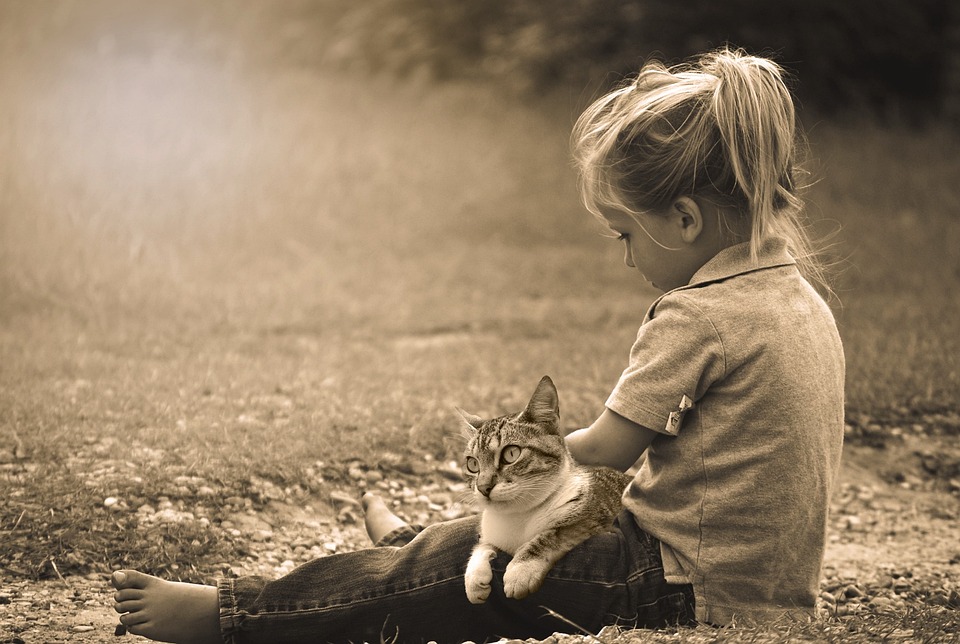Cat Dental Care 101: Essential Tips for Maintaining Your Cat’s Oral Health
As a cat owner, it’s important to prioritize your feline friend’s overall well-being, and that includes their dental health. Just like humans, cats can develop dental problems that can lead to pain, infection, and even other health issues. By implementing a proper dental care routine, you can ensure that your cat maintains good oral hygiene and enjoys a healthy life. In this article, we will discuss essential tips for maintaining your cat’s oral health and answer some frequently asked questions about cat dental care.
Why is Cat Dental Care Important?
Proper dental care for your cat is crucial because it helps prevent and address various dental issues, such as:
1. Periodontal Disease: This is the most common dental problem in cats. It occurs when plaque and tartar build-up on the teeth, leading to gum inflammation, tooth decay, and potential tooth loss.
2. Bad Breath: Foul-smelling breath can be a sign of dental problems. Regular dental care can help eliminate the bacteria causing the odor and freshen your cat’s breath.
3. Tooth Decay: Cats can develop cavities just like humans. Regular dental care can help prevent tooth decay and the need for extractions.
4. Pain and Discomfort: Dental issues can cause pain and discomfort for your cat, affecting their overall quality of life.
Now that we understand the importance of dental care, let’s dive into some essential tips to maintain your cat’s oral health.
1. Regular Brushing
Brushing your cat’s teeth is one of the most effective ways to prevent dental problems. Here’s how to do it:
– Use a toothbrush specifically designed for cats or a finger brush.
– Introduce toothbrushing gradually, starting with just a few seconds and gradually increasing the duration.
– Use cat-friendly toothpaste, never human toothpaste, as it can be toxic to cats.
– Gently brush your cat’s teeth in a circular motion, focusing on the gum line.
2. Balanced Diet
Feeding your cat a balanced diet is crucial for their overall health, including their dental health. Here are some dietary tips for good oral health:
– Offer high-quality cat food that meets your cat’s nutritional needs.
– Avoid feeding your cat sugary or sticky treats that can contribute to plaque and tartar build-up.
– Consider dental-specific treats or dental diets that help promote oral hygiene.
3. Dental Treats and Toys
Providing your cat with dental treats and toys can help promote dental health. Look for treats and toys that are designed to help clean your cat’s teeth or reduce plaque and tartar build-up.
4. Regular Dental Check-ups
Schedule regular dental check-ups with your veterinarian. A professional dental cleaning may be necessary to remove tartar and plaque that cannot be addressed through home care alone. Your veterinarian will also examine your cat’s teeth, gums, and overall oral health during these visits.
Frequently Asked Questions about Cat Dental Care
Q1. How often should I brush my cat’s teeth?
Ideally, you should aim to brush your cat’s teeth at least two to three times a week. However, daily brushing is recommended for optimal dental health.
Q2. Can I use human toothpaste on my cat’s teeth?
No, you should never use human toothpaste on your cat’s teeth. Human toothpaste contains ingredients that can be toxic to cats. Instead, use toothpaste specifically formulated for cats.
Q3. My cat doesn’t like having their teeth brushed. What should I do?
Introduce tooth brushing gradually and make it a positive experience for your cat. Start by gently touching their mouth and gradually progress to brushing. Use treats and praise as rewards to associate tooth brushing with positive outcomes.
Q4. Are there any signs of dental problems I should watch out for?
Yes, some signs of dental problems in cats include bad breath, excessive drooling, swollen gums, difficulty eating, pawing at the mouth, and changes in appetite. If you notice any of these signs, consult your veterinarian promptly.
Remember, maintaining your cat’s oral health is essential for their overall well-being. By following these essential tips and regularly consulting with your veterinarian, you can ensure that your feline friend enjoys a healthy and happy life with a bright, sparkling smile.








